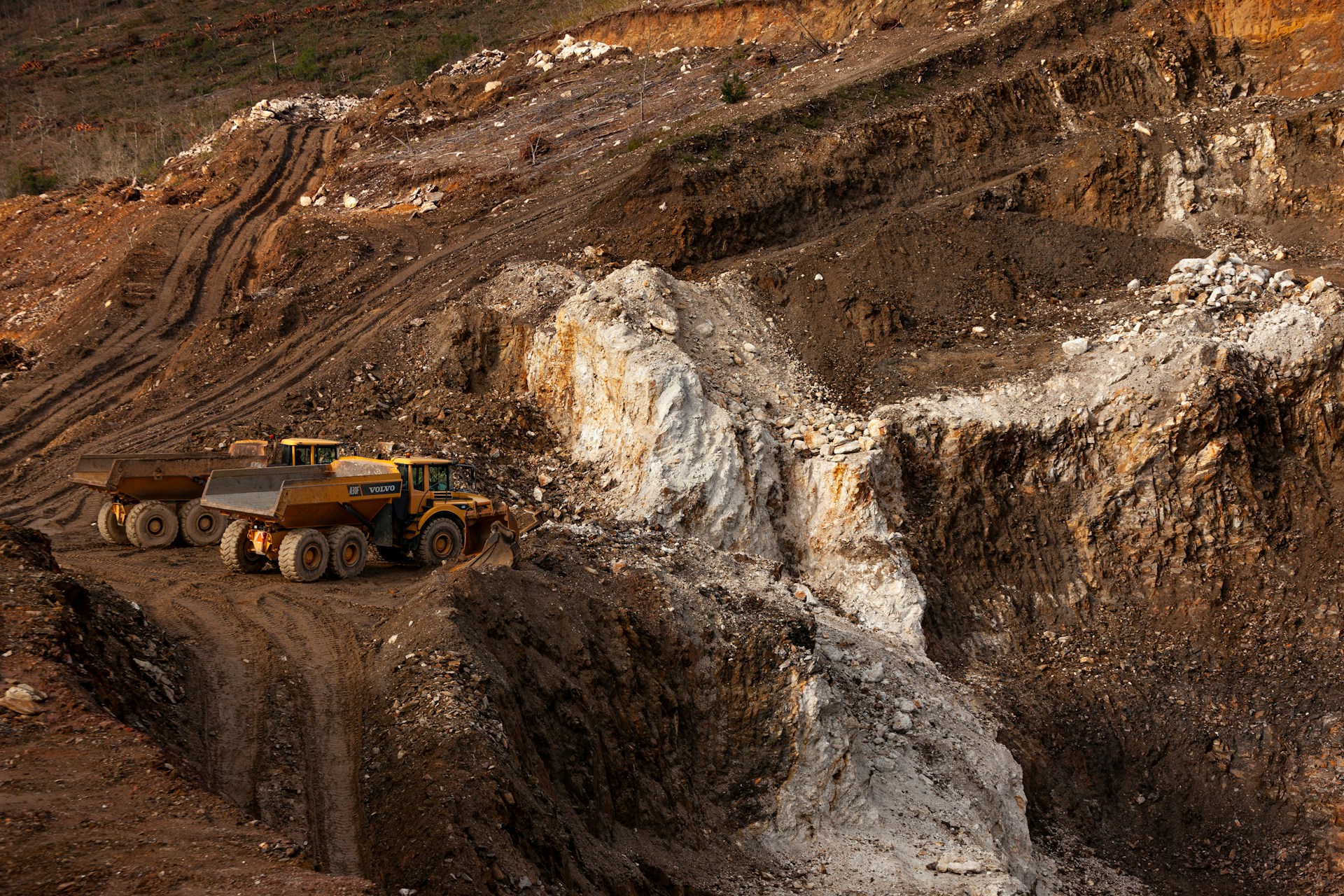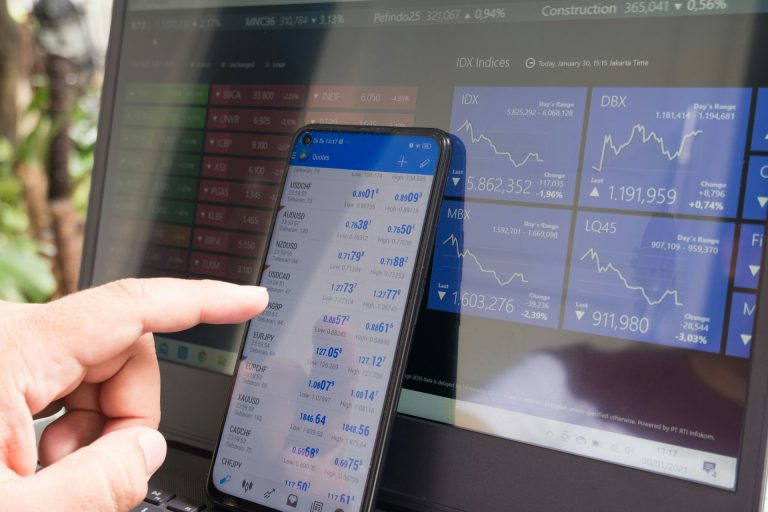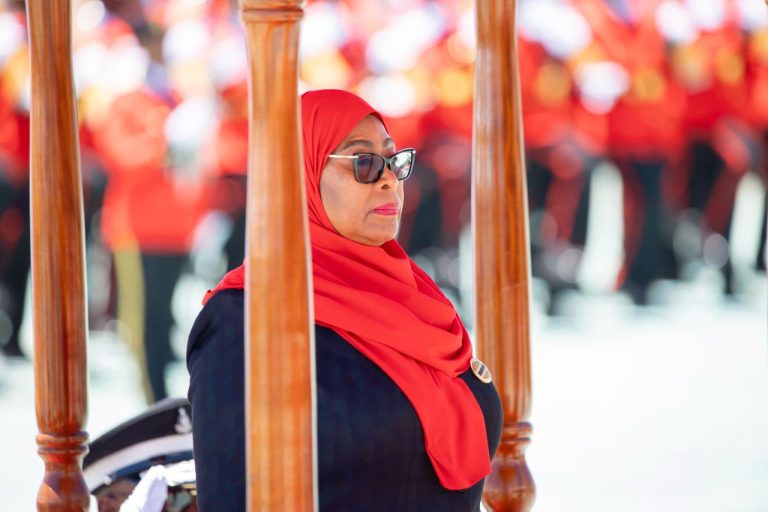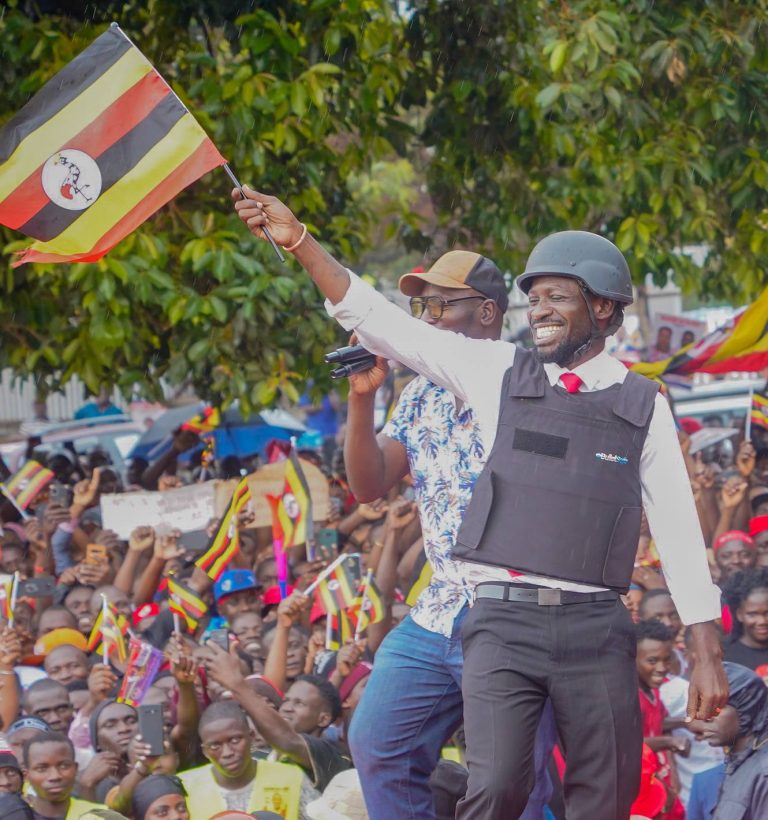As the U.S. and China race to lock in access to Africa’s lithium, cobalt, nickel and copper, African states must reclaim bargaining power – with policies and a generational safety net in mind.
Africa stands at a crossroads of opportunity and peril. When global giants scramble for your essential resources, you either play by their rules or insist they play by yours. And Africa must now insist.
As demand surges for lithium, cobalt, nickel, copper, rare earths and platinum group metals – key to batteries, electric vehicles, renewable energy, defence and high-tech industries – African resource blocs are emerging as the new frontlines of great power competition.
China has long been the dominant player, investing in mines, refining and infrastructure. But the U.S., under pressure to diversify away from Chinese supply chains, is ramping up activity too. The outcome will shape Africa’s economic future and the lives of its youth.
The geopolitical scramble
China already commands overwhelming influence over global critical minerals value chains. It refines roughly 90 percent of rare earths and graphite, and 60–70 percent of lithium and cobalt, giving it outsized leverage. Experts argue China’s strategy in Africa – offering infrastructure, loans and long-term offtake deals – has deepened dependencies and constrained African autonomy.
Yet, the U.S. is not standing idle. Under the Mineral Security Partnership (launched in 2023), and via institutions such as the U.S. International Development Finance Corporation (DFC), the U.S. is pushing to partner with African states to expand exploration, mining, processing, and critical minerals supply chains. DFC recently approved new investments in sub-Saharan Africa aimed at advancing U.S. supply chains.
In the Democratic Republic of Congo (DRC), exploration investment reached about US$130.7 million in 2024 – more than any African country and ahead of many established mining jurisdictions. The DRC is central because it produces nearly three-quarters of global cobalt output.
In addition, U.S. actors are moving to assert influence in strategic corridors. The Lobito Corridor (linking copper belts in Angola, DRC and Zambia to Atlantic ports) is being promoted in U.S.–Africa critical minerals strategies.
One recent flashpoint: in Madagascar, a $2 billion rare earths and uranium project led by U.S. firm Energy Fuels was outright cancelled following a coup. That episode signals the political risk tied to mineral deals – even when backed by foreign capital.
According to the International Energy Agency (IEA), Africa is projected to attract US$50 billion in critical minerals production investment by 2040, with copper as a top target. The IEA also warns that African states must act fast to convert interest into real projects rather than idle pledges.
But here lies the crux: unless African countries strengthen their negotiating hand, much of that value will leak out in royalties, low value-add exports and lopsided contracts.
What Africa must do now
To turn the tide, African countries (individually and collectively) must take decisive steps:
1. Adopt tough – but pragmatic – legislation on royalty, ownership and beneficiation
States should revisit mining codes to mandate higher royalty floors, equity participation by state or local entities, and strict rules on value-addition. For example, bans or curbs on exporting raw ores (as Zimbabwe and Namibia have tried) can push firms to refine on the continent. But such policies must also include safeguards and flexibility: poorly designed export bans or steep local processing quotas can deter investment or lead to illicit trading.
2. Strengthen transparency, environmental and social governance
Africa should fully embrace the Pan-African Resource Reporting Code (PARC) to standardise mineral reporting and enhance public trust. Mining contracts and revenue flows must be public, with scrutiny by parliaments, civil society and institutions like the African Union’s African Minerals Development Centre. Environmental impact assessments must be robust, community consent enforced, and remediation guaranteed. Between 2021 and 2023 there were 334 incidents of protest or violence tied to mining of copper, cobalt, lithium and nickel in major producer states.
3. Regional co-ordination and bargaining blocs
African resource states should coordinate as blocs—pooling geological data, negotiating common contract templates, and enforcing collective bargaining leverage. The Africa Mining Vision (AMV) and regional bodies should be reinvigorated.
4. Create a future-generation safety net
Legislation must protect future generations from overexploitation. Sovereign wealth funds or resource trust funds (with strict withdrawal rules) can capture excess rents and invest in education, infrastructure, climate resilience and green industrial transformation. Contracts should include mechanisms for contract renegotiation if prices shift. Youth voices must be integrated into oversight bodies, to reassure a disaffected Gen Z generation that resource wealth won’t be misused.
5. Develop geological and technical capacity
Africa remains under-mapped geologically. The U.S. and African states could partner—via USGS and national geological surveys—to modernise exploration and mapping, thus reducing reliance on foreign firms’ data asymmetry. Investment in training, research institutes and labs is essential to build domestic know-how in extraction, processing and recycling.
6. Risk management and contract review mechanisms
Because long-term deals lock in terms for decades, African states should embed escape clauses, reviews, renegotiation triggers (commodity price shifts, environmental damage, political change) and stabilization provisions that preserve flexibility.
By acting on these six fronts, Africa can shift from passive provider to shrewd partner.
A cynical youth wants justice
Africa’s generation Z is losing patience. Across capitals from Lagos to Johannesburg to Nairobi, youth protests are rising – fueled by perceptions of kleptocratic elites, broken promises, and resource revenues that vanish into thin air. Young people ask: why should foreign powers and domestic elites reap the windfall, while we get the fallout of pollution, displacement and economic inequality?
When leaders strike deals behind closed doors, without public voices or intergenerational equity, the legitimacy crisis deepens. Any new mineral policy must be transparent and inclusive – with youth representation in oversight councils, public hearings and contract disclosures. Only if mining wealth is visibly translated into jobs, education, health and infrastructure will new leaders earn trust.
Ironically, the same technology that mines these minerals – smartphones, batteries, electric mobility – is a tool for younger Africans to mobilise and dignify their demands. They are watching.
Why Africa must take its destiny into its own hands
Global powers see Africa’s critical minerals as strategic bets. For the U.S., shoring up supply lines is a matter of national security; for China, it is continuity of its industrial edge. But their calculus does not include long-term development, sovereignty or justice in African nations. That is Africa’s responsibility – if it has the will.
When global demand for battery metals is forecast to rise 60–70 percent over the next two decades, Africa is bidding to win – if it negotiates wisely. If contracts are lopsided, environmental damage uncontrolled, or firms extract value without local linkages, Africa will once again be a resource colony masked in new language.
Right now, $50 billion in critical minerals production investments may flow into Africa by 2040 (IEA projection) – but how much remains in Africa is up to African leaders. Already, Chinese firms are investing in Zimbabwe, DRC, Namibia and Mali; Sinomine is investing in lithium in Zimbabwe and copper in Zambia.
If African states act only as auctioneers of concessions, China or U.S. firms will reap most profits. But if Africa insists on shared ownership, downstream processing, trust funds, local skills development and contract flexibility, it can capture value.
In wealth management parlance, now is Africa’s “value capture moment.” It must not squander it.
As the geopolitical race barrels forward, Africa must decide: be shaped by great powers – or shape the terms of engagement itself. The youth watching demand the latter.











